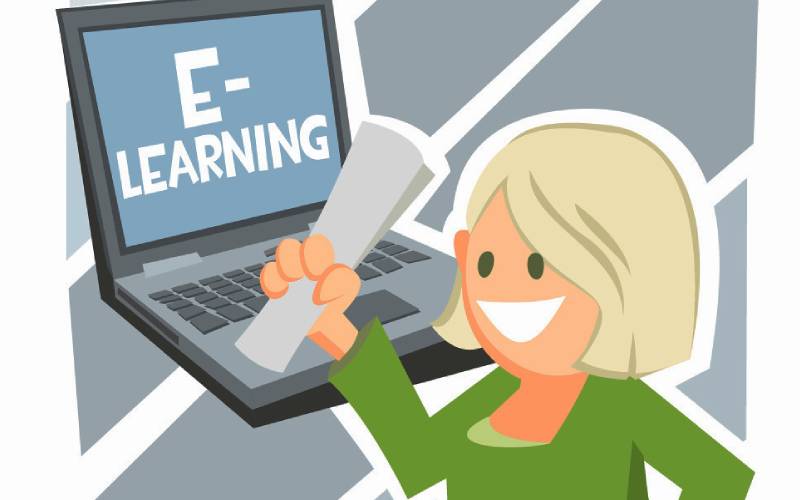×
The Standard e-Paper
Fearless, Trusted News

The Covid-19 is now grazing our land. What we thought was a remote possibility is now right here with us, causing a major upset to our way of life. And it could get worse, really. We could be staring at a possible total lockdown. That would present unfathomable challenges to the economy and all spheres of life.







